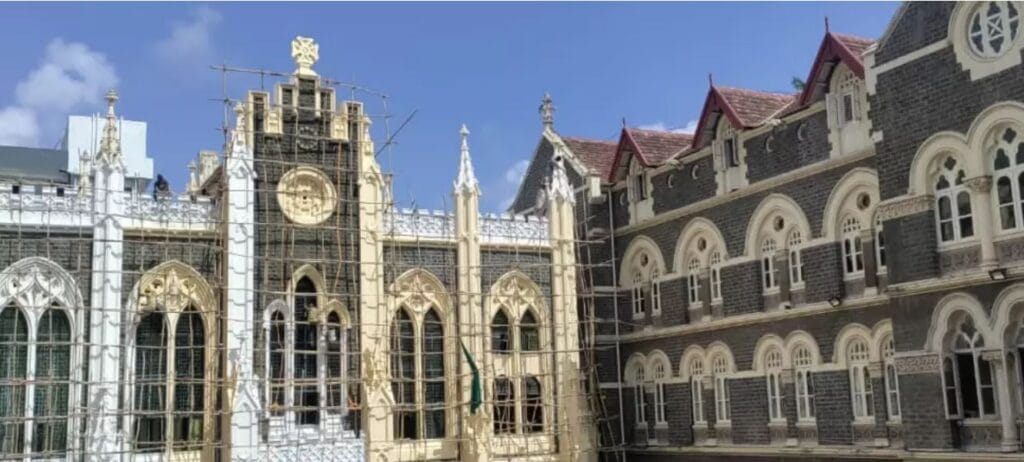Approximately six months into the ongoing academic year, several autonomous colleges in Mumbai have already initiated the National Education Policy (NEP), 2020, introducing a four-year undergraduate degree course. Meanwhile, non-autonomous colleges affiliated with Mumbai University (MU) awaited guidance and directives from the university.
Following the academic council’s (AC) endorsement of course structures, credit systems, and syllabi for new degree programs, MU recently announced its plan to implement the NEP across all its non-autonomous affiliated colleges starting from the academic year 2024-25.
Aligned with NEP’s goal of offering a diverse and adaptable education, the university has organised academic programs into six verticals. These encompass minor courses, open electives, co-curricular courses, and value education. This framework will be implemented through ‘lead’ colleges that will oversee and coordinate with 8-10 other institutes within their cluster.
As non-autonomous colleges gear up for this transition, they have identified various advantages and challenges that might come up during the implementation of the new system.
Next year’s roll out for non-autonomous colleges
The colleges affiliated with Mumbai University are set to implement the policy from the forthcoming academic year. Unlike autonomous colleges that implemented NEP for 2023-24, the non-autonomous colleges did not as guidelines were to come from Mumbai University.
As a preliminary step towards implementing the NEP, the university has devised the fresh course structures for BA, BCom, and BSc programs. Last month, the varsity’s academic council granted approval for the new curriculum and credit framework for these three courses, constituting a significant portion of undergraduate (UG) courses at MU.
Plans are underway to develop the new format for other courses in Arts, Science, and Commerce streams. The university aims to initiate NEP implementation across all its 874 affiliated institutes starting from the upcoming academic year 2024-25.
The new framework will be rolled out through ‘lead’ colleges that would coordinate with 8-10 other institutes in their cluster.
Read more: Get set, go: Over 50 Mumbai colleges roll out the New Education Policy
NEP in autonomous colleges
Almost six months into the ongoing academic year, numerous autonomous colleges in Mumbai have successfully implemented the National Education Policy (NEP). All of them now offer a four-year undergraduate degree course.
These autonomous colleges received directives from the state to execute the policy, aligning with the mandatory implementation for Central Universities. On the other hand, State Universities have the flexibility to adopt it in phases.
The primary advantage highlighted by students regarding the four-year degree course is the opportunity to select a major subject right from the first year of their undergraduate studies, offering greater early exposure.

Drishti Jalan, a student enrolled in the 4-year undergraduate program majoring in psychology at Jai Hind College, an autonomous institution in Churchgate, Mumbai, said, “The NEP has significantly broadened our exposure by allowing us to delve into our chosen subject right from the first year. Previously, I would have chosen psychology as my major only in the third year, but through the NEP, I’m experiencing that exposure right from the first year. We’re engaging in more assignments and projects related to our desired field, and this has been incredibly exciting for me.” (As of now, students take a combination of three subjects for the first two years and choose one of them as their major subject in the final year.)
While Shruti Bhosale, another student, expressed certain reservations about the new system, stating, “We’ve been informed that the additional year will offer us more practical exposure in our chosen field and make us more industry-ready. Yet, I am not certain about the actual realisation of these promises, we will have to see by the end of the fourth year. Additionally, we’re unsure whether pursuing a master’s degree will see a reduction in duration, possibly changing from two years to one. All these uncertainties will likely become clear only after a few years.”
Concerns of parents and staff
Parents appear to be slightly anxious as they perceive an additional year being added to the academic timeline of their children. “They are concerned about the duration of our studies and when we will eventually transition to the workforce. Their confusion largely stems from a lack of understanding about the NEP. I took the time to sit down with them and explain its details. Our teachers conducted an orientation session in college to provide us with an understanding of NEP, and I had to relay this information to my parents for better clarity,” added Drishti.
Last month, the heads of non-autonomous colleges, set to introduce NEP next year, met to address various concerns related to the new system.
During this meeting, principals highlighted a significant worry: the shortage of faculty, particularly emphasising the substantial rise in workload within the humanities stream. Attendees of the meeting revealed that they were instructed to address this shortage by hiring visiting faculty or professors of practice.
A principal from a non-autonomous college affiliated with MU said, “It’s crucial to acknowledge that effectively implementing these NEP courses demands a well-trained staff. Given the mix of courses and a limited number of teachers responsible for instructing various subjects, it becomes stressful, particularly in situations of understaffing within the college.”
Regarding the collaboration model involving a lead college overseeing other colleges in a cluster for implementation, the principal added, “We are not certain about the level of assistance or success this collaboration will offer. However, compared to each college figuring it out independently, I believe it’s a beneficial approach.”
As colleges navigate this transformative phase, a balanced approach that harnesses the positives while addressing the concerns will be crucial in shaping a more robust and student-centric educational framework for the future.
| Links for Mumbai University NEP guidelines Link for NEP overview : https://mu.ac.in/notifications-2/nep-2020 Link for Syllabus : https://mu.ac.in/nep-2020-syllabus Link for Credit Framework : https://mu.ac.in/wp-content/uploads/2022/11/National-Education-Policy-NEP-2020.pdf |